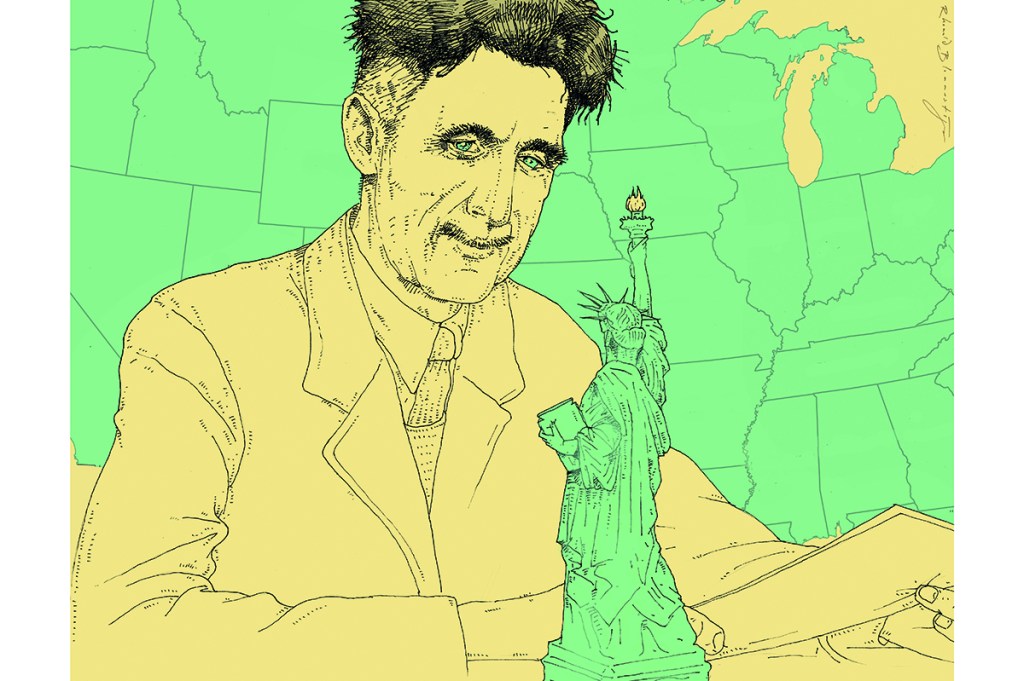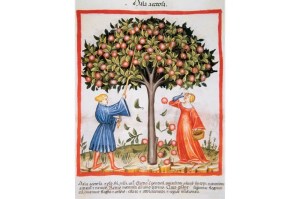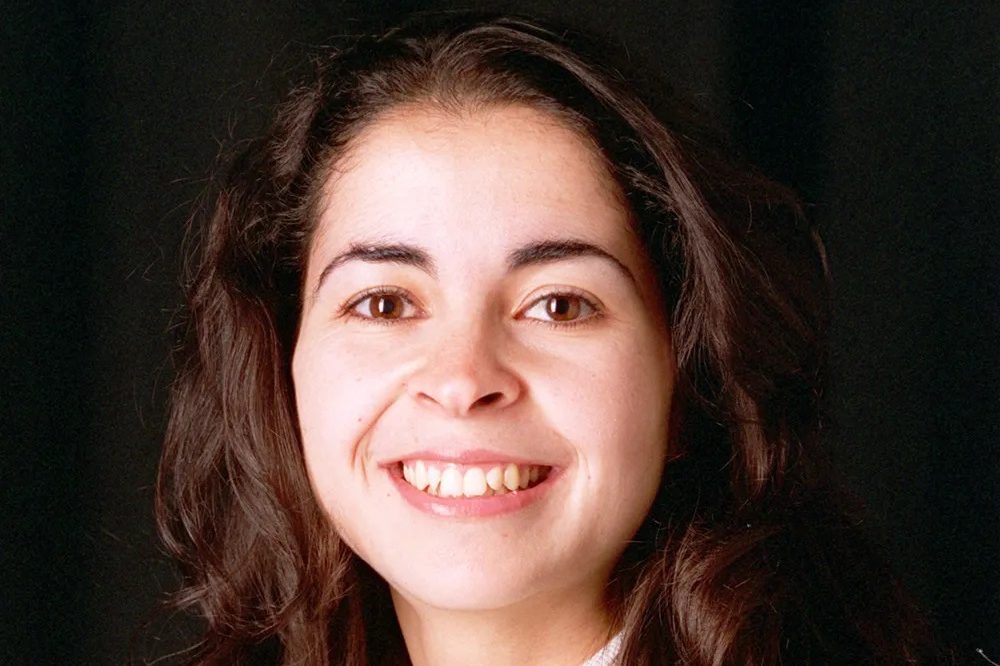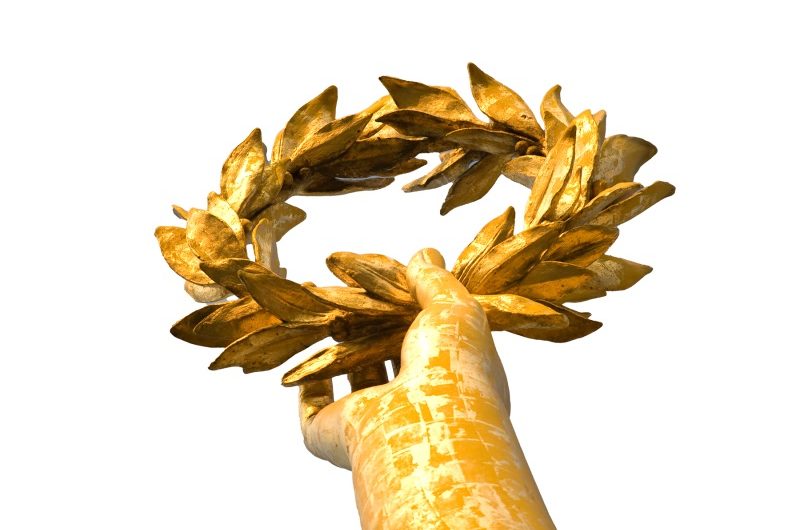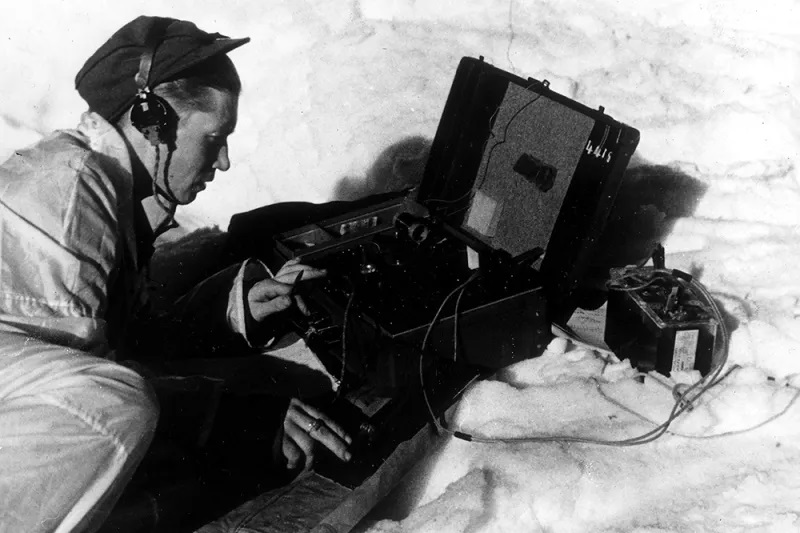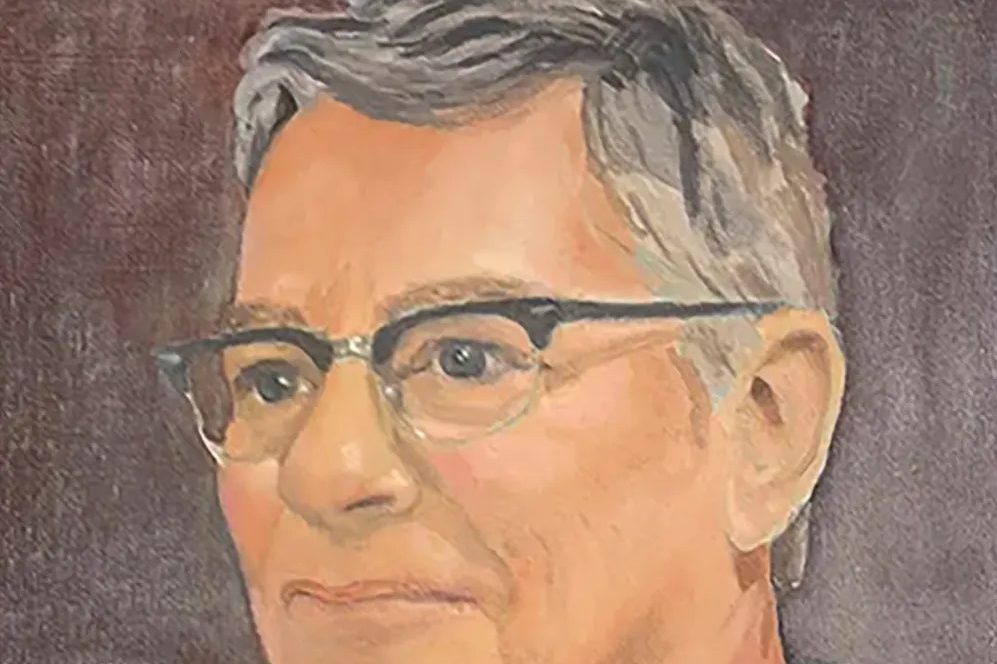Some of the most tantalizing pieces of George Orwell’s journalism are the reviews written on the hoof, filed against deadlines, sent straight to the typewriter while World War Two raged above his head. One of them is a round-up of four reprinted dystopian novels supplied to the weekly magazine Time and Tide in July 1940, shortly after the fall of France. (Today, it’s rarely reissued and barely available outside the stout bindings of volume XII of Orwell: The Complete Works.) The four books are Jack London’s The Iron Heel (1908), H.G. Wells’s When the Sleeper Wakes (1910), Aldous Huxley’s Brave New World (1932) and Ernest Bramah’s The Secret of the League (1907).
Almost immediately, Orwell starts to draw distinctions. The Iron Heel, in which a band of plutocratic robber-barons wrests control of America with the aid of a mercenary army, is not a forecast of Fascism, but “merely a tale of capitalist oppression.” And yet the American-born London will always be a more reliable guide to the future than Wells, with his time machines and his alien invaders, owing to his ability to grasp something that Wells apparently cannot: the fact that “hedonistic societies do not endure.” A ruling class, Orwell continues, “has got to have a strict morality, a quasi-religious belief in itself, a mystique.” And here a circumspect reader will note the presence of something highly unusual: one of the first marker-flags along the route to Nineteen Eighty-Four.
Orwell’s attitude to America is curiously double-edged. He admired countless American writers and actors, had several American friends, contributed a long-running “London Letter” to Clement Greenberg’s Partisan Review and made it abundantly clear in his writings about the Cold War — a phrase he may be said to have invented — that he regarded America as the last bastion of the West in its fight for liberty against the Soviet Union. At the same time, he scorned the excesses of US capitalism, reprobated the moral system that he assumed to have followed in its wake, was horrified by such examples of hard-boiled American crime writing that came his way (see the essay “Raffles and Miss Blandish” which compares the American-aping James Hadley Chase to the English novelist E.W. Hornung) and was never so happy as when complaining about the shiny pages of imported American women’s magazines.
There is, for example, a wonderfully funny moment in his friend Stevie Smith’s novel The Holiday (1949), in which Orwell, lightly disguised as a character called Basil, comes across one of these horrors and finds his eye alighting on an advertisement for “scanty panties.” Instantly his imagination catches alight. “He said women who thought about scanty panties never had a comfortable fire burning in the fire-place, or a baby in the house, or a dog or a cat or a parrot.” If Orwell was prepared to allow the British working classes their materialism, as an antidote to the poverty that had gone before, then the manifestations of the postwar American consumer age left him disgusted: the US women’s magazine seemed to him an altogether grotesque symbol of where the world’s greatest nation had gone wrong.
The blow was especially bitter in that America, especially to the thirty-something Orwell, looked like a beacon of liberty, prosperity and hope. One can see this in “Inside the Whale” (1940), his essay about Henry Miller and the advantages of quietism. Orwell admired Miller, whom he had met in Paris on his way to the Spanish Civil War in 1936, not only for his command of language but for the way in which his work taps into a tradition of “freedom” that Orwell spends several later essays commending. And so “Inside the Whale” has barely reached its half-dozenth page before he launches into a terrific paean to Walt Whitman, from whom he imagines Miller descends. To Whitman and the nineteenth-century Americans he wrote about, “liberty” was not merely a highly desirable abstraction, but something available at the end of every prairie track:
The democracy, equality, and comradeship that he is always talking about are not remote ideals, but something that existed in front of his eyes. In mid-nineteenth-century America men felt themselves to be free and equal, so far as that is possible outside a society of pure communism. There was poverty and there were even class distinctions, but except for the Negroes there was no permanently submerged class. Everyone had inside him a kind of core, the knowledge that he could earn a decent living, and earn it without bootlicking.
Naturally, as a summary of the early American experience, this is hopelessly romanticized — while altogether ignoring the Native Americans who had been displaced to make way for it — but Miller’s Whitmanesque traits, an “acceptance” of things that incorporates an acknowledgment that “ordinary everyday life consists far more largely of horrors than writers of fiction usually care to admit” are, to Orwell, a vital part of his appeal.
A similar note is struck six years later in a Tribune essay from November 1946 called “Riding Down from Bangor,” about the reissue of John Habberton’s bygone bestseller Helen’s Babies (1876). This, Orwell tells us, is a favorite book from childhood, “one of the best of the little library of American books on which people born at the turn of the century were brought up.” What vision of this “imaginary country” did Orwell acquire from his juvenile library? The first of the “composite pictures” that he conjures up is of a slack-jawed, tobacco-chewing Southerner opining that “a woman is the orneriest critter there is, ’ceptin’ a mule,” but the second is pure log-cabin-to-White House — the thought of a small boy sitting in a schoolroom dominated by a Bible, aspiring to be president, but meantime charged with keeping the woodpile full.
Having established the vision’s centrality to his early imaginative life, Orwell then moves off into wider cultural territory, to inspect what he calls the “false map of the world” that the books read in childhood create in the reader’s mind before concluding with another hymn to nineteenth-century America, “a rich, empty country which lay outside the mainstream of world events and in which the twin nightmares that beset nearly every modern man, the nightmare of unemployment and the nightmare of State interference, had hardly come into being.” The social arrangements taking root on the American East Coast in the years before the Civil War might have been based on the free market, but this was “capitalist civilization at its best.”
After which, you infer, it was downhill all the way, down to the dog-eat-dog world of Upton Sinclair’s The Jungle (1906), in which immigrant laborers at the Chicago stockyards are mercilessly exploited by the local tycoons: interestingly, Orwell not only reviewed the novel but borrowed the signature remark of its put-upon hero Jurgis (“I will work harder”) for Boxer in Animal Farm. And here, you feel, in contemplating the spectacle of Whitman-era America, one of the fundamental tensions in Orwell’s work is laid bare. On the one hand, he wants a more equal society in which basic human rights are attended to and no one dies of neglect. On the other, he pines for open spaces and individual liberty while suspecting that one of the consequences of a more egalitarian, state-run society will be its disappearance.
Orwell never visited America, and yet the last few months of his life — staked out at University College Hospital in central London in the fall of 1949 while Nineteen Eighty-Four sped to the top of the bestseller lists on both sides of the Atlantic — brought him closer to it.
There were exchanges with his American editor, Robert Giroux of Harcourt Brace and Company, fan mail from American novelists (John dos Passos wrote to say that he “had nightmares all the next week about two-way television. I certainly have to hand it to you”) and even a correspondence with the young Hollywood screenwriter Sidney Sheldon, who proposed to adapt Nineteen Eighty-Four for Broadway. (Orwell had no objections while diffidently supposing that he would “not have thought it lent itself to stage treatment.”)
Sheldon was able to offer reassurance. For months Orwell had been worried about the novel’s reception in America, where right-wing newspapers had tended to treat it simply as an attack on Russia. No, Sheldon told him, he understood it was meant as an attack on totalitarianism per se. Orwell gladly agreed. Hanging over this, though, is an awareness of America’s part in the creation of Nineteen Eighty-Four. Orwell famously got the idea from the Tehran conference late in 1943 when Roosevelt, Stalin and Churchill sat down to divide up the postwar world. This is the seedbed of the “zones of influence” in which Oceania, Eurasia and Eastasia contend: a world in which America, for all its origins as a beacon of Whitman-style “freedom,” is in it up to its neck.
D.J. Taylor’s Orwell: The New Life will be published by Pegasus Books on May 25. This article was originally published in The Spectator’s April 2023 World edition.



